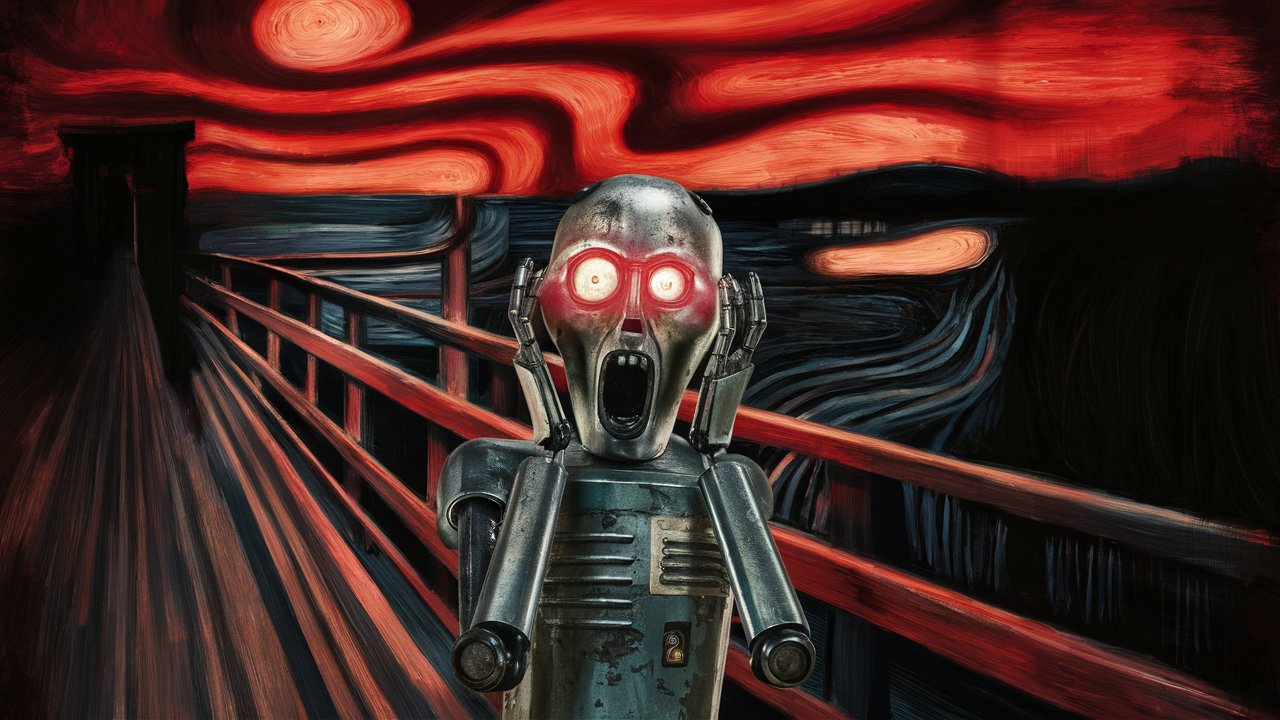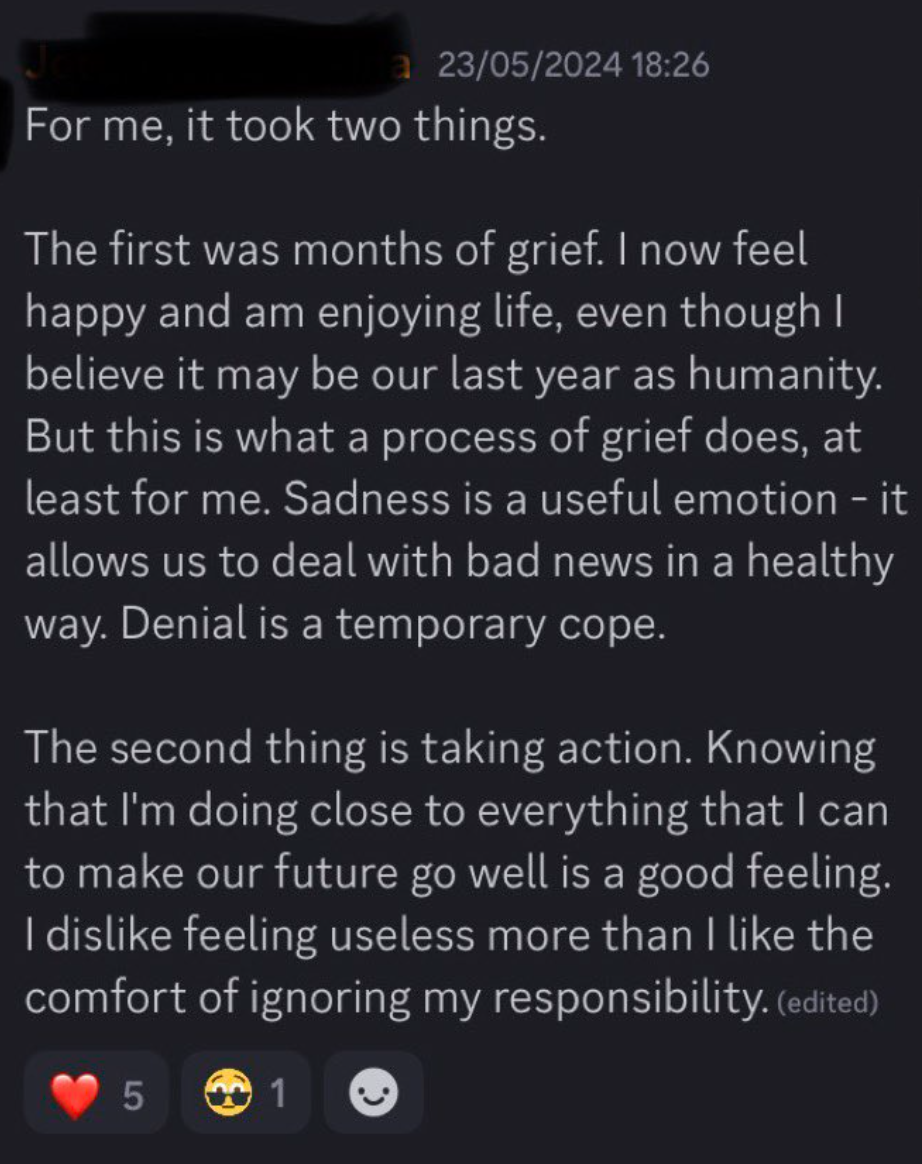AI doomsayers are creating a cult of despair, two leading researchers warn

Key Points
- AI researchers Yann LeCun and François Chollet criticize pessimistic predictions about the dangers of AI, which lead some people to believe in an inevitable catastrophe and to develop depression and anxiety instead of looking for solutions.
- LeCun calls the "AI doomsayers" who warn of apocalyptic scenarios "apocalyptic cults." In his view, the apocalyptic prophecies make many people feel helpless and give up, while only a few radical but well-funded pessimists call for impractical measures such as slowing growth or halting progress.
- Chollet sees both "AI doomerism" and "singularitarianism" as eschatological cults that lead normal people to crazy beliefs and behaviors, such as abandoning long-term life planning. In a Discord channel about pausing AI, people report months of grief, panic, and "borderline depression" due to apocalyptic warnings.
AI researchers Yann LeCun and François Chollet warn that pessimistic predictions about the dangers of AI are leading some people to believe that an AI catastrophe is inevitable. Instead of looking for solutions, those affected could develop depression and anxiety.
Yann LeCun, an AI expert and chief AI scientist at Meta, has taken aim at the "AI doomsayers" who warn of apocalyptic AI scenarios, calling them "apocalyptic cults."
LeCun says that doomsday prophecies make many people feel helpless, believing that there are no solutions and that AI doom is inevitable. Instead of looking for solutions, or at least hoping they'll be found, pessimists become depressed and give up.
"Pessimists just get depressed and give up, awaiting their fate," LeCun writes. In his view, a risk shouldn't be dismissed just because it causes fear. Fear can focus energy on finding solutions. But the opposite is happening now, LeCun says.
Tech-savvy people are looking for technological solutions, or at least hoping for them, says LeCun. They know that with the right investment and innovation, technology solutions could be possible.
But most people feel powerless and sometimes angry or depressed. Some seek political or behavioral solutions, such as regulation, but these are sometimes radical and impractical, such as reducing growth or halting progress.
This "relatively small number of radicals" are very well-funded by "wealthy-yet-terrified donors" and have major influence on policymakers and regulators, LeCun says, adding, "That is why it has become necessary to oppose them."
Chollet: AI doomers and singularitarians are eschatological cults
François Chollet, an AI researcher at Google, also sees the effects of doomsday prophecies as an understated problem.
He sometimes hears from people who are so sure they'll be dead in 10–20 years "because of AI" that they've stopped all long-term life planning, like saving for retirement.
Sometimes it's the other way around: "I don't need to save for retirement because in 10-20 years AGI will be here and we'll be living in an Eden of abundance and bliss," Chollet quotes.
"AI doomers" and "singularitarians" are similarly formed eschatological cults that drive normal people to completely crazy beliefs and behaviors, Chollet writes.
Of all the things to worry about, a Skynet takeover isn't one of them. Even the potential rise of more generalized AI in the coming years won't stop people from needing a 401k or a pension. Today's AI still lacks intelligence and generality, Chollet says.
AI doomerism can trigger anxiety and depression
Statements from the PauseAI Discord shared by Twitter user Angantýr show just how much the apocalyptic warnings are affecting some people. Those affected report "months of grief" or six months of panic "to save my family." This post prompted the comments above from LeCun and Chollet.
One person writes that he or she is "stressed by this future, like I really have troubles to sleep and eat and focus," another reports being "really anxious" and borderline depressed.

Angantýr insists that it's not about mocking the people mentioned. They are victims of a "malicious ideology." Moreover, not everyone in the group is affected by the "doomer memes" in the same way.
One person writes: "It’s important to remember that all we have is expert opinions… experts are wrong all the time."
AI News Without the Hype – Curated by Humans
As a THE DECODER subscriber, you get ad-free reading, our weekly AI newsletter, the exclusive "AI Radar" Frontier Report 6× per year, access to comments, and our complete archive.
Subscribe now